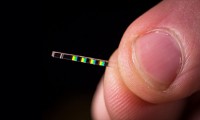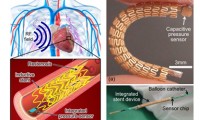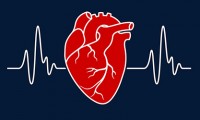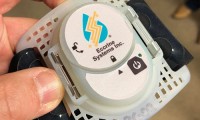-
US Army Awaiting to Test MEDHUB – A Telemedicine Platform
- Source: mHealth Intelligence
- 746
- July 23, 2018
-
Particle Accelerators on a Chip
- Source: NPR
- 461
- July 20, 2018
-
New UltraSound System Launched by Siemens Healthneers
- Source: Verdict Medical Devices
- 594
- June 27, 2018
-
Food Allergen Detector at $40
- Source: mHealthSpot
- 870
- June 27, 2018
-
Smart Stent to Continuously Monitor Blood Flow
- Source: ScienceDaily
- 1,454
- June 22, 2018
-
HHS Selects 8 Accelerators for AI Innovation
- Source: Health ITAnalytics
- 793
- June 11, 2018
-
New Data Management Regulations Creates Hindrance for International Pharma Companies in China
- Source: Fierce Pharma
- 626
- June 11, 2018
-
FDA Recalls HeartMate device Manufactured by Abbott
- Source: Ddu
- 708
- June 7, 2018
-
Health-Check-Up Through Sweat Monitoring Wearable Device
- Source: Ddu
- 1,662
- May 24, 2018
your submission has already been received.
OK
Subscribe
Please enter a valid Email address!
Submit
The most relevant industry news & insight will be sent to you every two weeks.













